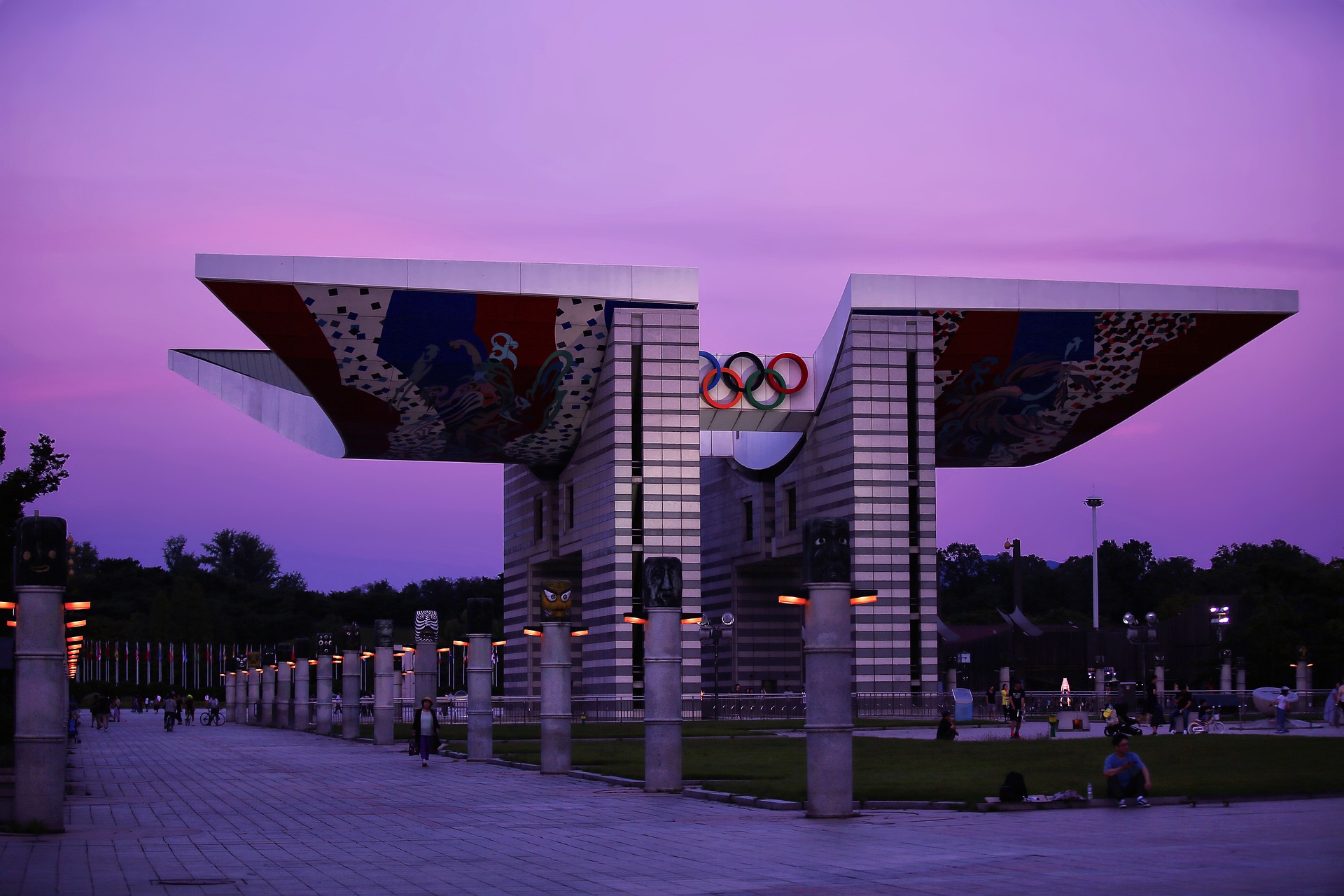Koreans Work Hard and Play Hard Posted by Flying Oyster on Jan 14, 2021 in Culture, Korean Language, Vocabulary
The Seoul Olympics in 1988 is globally known as an economic miracle because nobody would expect that Koreans could host an Olympic game in a relatively short time after the Korean War in the 1950’s. The fundamental reason for this miracle was hard working Koreans.
Koreans have achieved this financial success thanks to everyone’s selfless dedication at work. However, at the same time, Korea became a competitively high-stress society. In 2004, the Korean government introduced a new 노동법 (no-dong-bup: Labor Law); 주 (joo: week, weekly) 40시간 (sah-sip-si-gan: 40 hours) 근무제도 (geun-moo-jea-do: working system), which was intended to increase the quality of 웰빙 (well-being) lifestyle in Korean society.
Korean culture has been becoming more dynamic. Trends and lifestyle are changing fast. I personally believe that I would not be able to digest all these fast-changing phenomena of Korea, even if I lived in Korea. One thing I know for sure is that more Koreans are respecting 개성 (gae-sung: distinctiveness of the individuals). The more individuality is valued, the more various leisure/hobbies are practiced in Korea.
In the past, reading books, playing video games, karaoke, watching movies, or listening to music were the most common answers when one was asked about ones’ favorite hobby. As Koreans have more time to enjoy 여가시간 (yeo-gah-si-gahn: leisure time, free time), more Koreans look for various hobbies.
Koreans enjoy 이색취미 (ee-saek-chi-mi: a typical hobby) such as 가죽공예 (gah-jook-gong-yea: leather art), making an essential oil diffuser, handmade soap, 업사이클링 아트 (upcycling art), 수제맥주 (soo-jae-maek-joo: homemade beer), etc,. These hobbies are not just for killing time. These people are serious about their hobbies. You can easily find groups on the internet devoted to these pastimes as well.
Koreans have become more active as well. In the last decade, staying in vacation homes outside of cities was one of the most popular activities. Nowadays, Koreans are more proactive in their desire to experience nature. Outdoor activities, such as camping with sophisticated camping equipment is a big trend in Korea. 산책 (san-chaek: joy walk) and exercising are typical interests. In fact, the types of exercises are getting more diverse.
In Korea, 등산 (deung-san: climbing mountains) is said to be a national 레포츠 (Leports: a coined word. This word is combined between a word ‘leisure’ and ‘ sports’). 등산 has been the most popular leisure activity among all age groups, particularly in 중장년층 (joong-jang-nyun-cheung: middle aged population). I started noticing more 등산복 (deung-san-bok: hiking wear) 광고 (gwang-go: advertisements) each time I visit Korea. When you see groups of Koreans, who wear colorful outdoor wear with hiking gear, in a subway, you will come to realize that climbing mountains is the most loved leisure activity in Korea.
Koreans also love gourmet food. Due to high technology and a well-established infrastructure, delivering food from your favorite restaurant is not difficult in Korea. Many Koreans consider themselves to be 식도락가 (sik-do-rak-gah: connoisseurs) and they love to find 맛집 (maht-jib: a gourmet restaurant). 먹방 shows (muk-bang-shows: an abbreviation of 먹는 방송) broadcast to introduce a variety of quality food. These type of shows have been one of the most popular TV show categories in Korea. TV hosts appraise a variety of foods and they truly make you hungry.
소확행 (so-hwak-hang: a coined word) is an abbreviation of 소소하지만 확실한 행복 (so-so-hah-ji-mahn-hwak-sil-han-hang-bok: a phrase). It translates as something that may seem trivial, but it brings me pleasure. For instance, 소확행 can be a cup of morning coffee for someone. I think Koreans are looking for this in their daily lives.
What are your interests that make you happy in daily life?

Build vocabulary, practice pronunciation, and more with Transparent Language Online. Available anytime, anywhere, on any device.









Comments:
ABBYGAIL:
Interesting points. 🙂